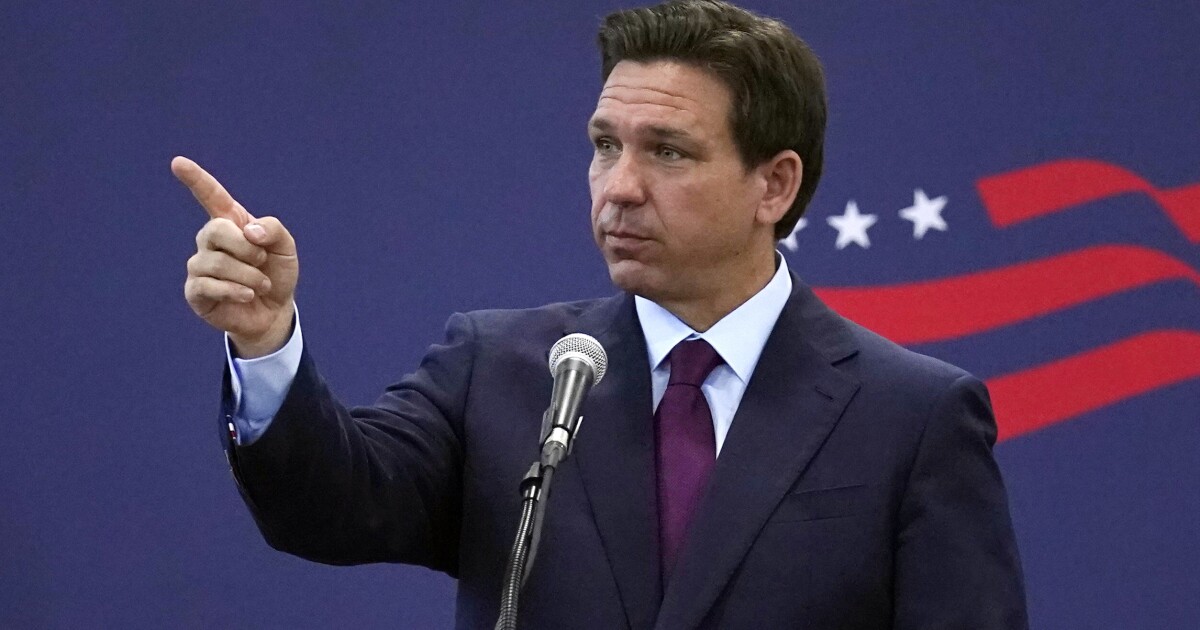

Democrats and Republicans are both talking about Bidenomics.
The White House began promoting the term, which it insists the press created, to make its case that the economy is strong and growing under President Joe Biden. But the GOP uses a different definition.
THE MIXED MESSAGES OF BIDENOMICS
“For most Americans, ‘Bidenomics’ means higher inflation and tax hikes — and they are not wrong,” Republican National Committee spokesman Jake Schneider said. “Since Biden took office, prices have skyrocketed by 16.6% and real wages have plummeted by three percent.”
There are plenty of numbers the Biden administration can point to that signal a healthy economy. Gross domestic product is up, inflation is elevated but falling, and unemployment is below 4%.
But there’s a contradiction that may explain why Team Biden is focusing so much energy on economic messaging.
Polls consistently show that voters do not feel so hot about the way things are going. A recent CBS-YouGov survey, for example, found that 70% of respondents felt their income was not keeping up with inflation.
Just 13% said they’re getting ahead financially, and the four most commonly used words to describe the economy were “struggling,” “uncertain,” “unfair,” and “punishing.”
Biden is pushing to change perceptions, saying his plans beat “trickle-down” Republican policies while plugging increased infrastructure spending and the ways his government will build the middle class.
The White House is hoping to align public perception with the improving economic statistics, argues progressive economist David Madland.
“I see this as kind of a lag, and my expectation is that as the economy continues on its current trajectory, the public’s mood will start to improve,” Madland, a senior fellow at the Center for American Progress, said. “Over time, people’s perceptions of the economy will more closely match the reality.”
There’s plenty of ground to make up. Biden’s economic approval rating is just 38.3%, 4 points below his overall rating.
GOPers are working to craft their own economic messaging to take advantage of voter misgivings. On Monday in New Hampshire, Gov. Ron DeSantis (R-FL) unveiled his Declaration of Economic Independence plan.
The 10-point plan, DeSantis says, “will reverse the decline of our nation’s struggling economy and fight for the middle class by taking on the elites, DC bureaucrats, and Communist China.”
It includes a mix of traditional Republican talking points about cutting government spending and waste with more populist ideas about creating an “industrial revival” and making the United States a top destination for skilled trades.
DeSantis and other 2024 hopefuls will continue hitting Biden over his economy. The question is who voters believe and how they feel about the state of things next fall.
The risk for Biden is that even if measures continue to improve, talking up an improving situation could backfire if voters don’t agree. A recession that ran from the summer of 1990 to early 1991 is widely believed to have helped Bill Clinton oust George H.W. Bush in 1992, even though it was long over by Election Day.
“The state of the economy is among the most important things for an incumbent’s reelection,” Madland said. “Biden feels like he has a strong record to run on.”
CLICK HERE TO READ MORE FROM THE WASHINGTON EXAMINER
But American Action Forum President Douglas Holtz-Eakin argues that Biden has a long way to go to convince an electorate that still remembers what prices were in 2019 and 2020.
“The economy has hung in there better than expected, but better than a recession is not the same as improving,” he said. “[Democrats are] doing a lot of fiscal stimulus to try to make this look good, but the flip side is you don’t get diminished inflation. That’s the risk they’re going to run — they’ll end up with a public that’s really upset because everyone hates high inflation.”





